Beth Mole

Trustworthy journalism comes at a price.
Scientists and journalists share a core belief in questioning, observing and verifying to reach the truth. Science News reports on crucial research and discovery across science disciplines. We need your financial support to make it happen – every contribution makes a difference.
All Stories by Beth Mole
-
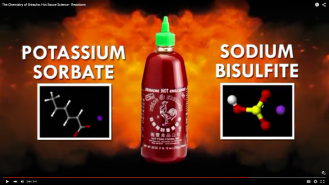 Chemistry
ChemistryZippy videos teach chemistry behind everyday life
The American Chemical Society breaks down complex reactions of everyday life in zippy online video clips.
-
 Chemistry
ChemistryElusive acid finally created
Cyanoform, a chemical sought for more than a century and written into textbooks, is one of the strongest organic acids.
-
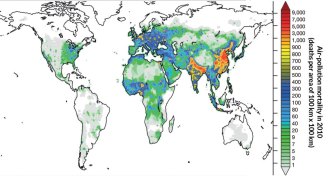 Environment
EnvironmentHome fires, farm fumes are leading causes of air-pollution deaths
Deadly air pollution comes from surprising sources, but toxicity of different types is still up in the air.
-
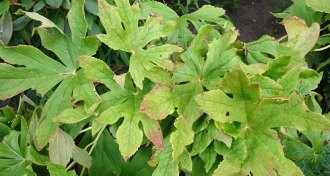 Health & Medicine
Health & MedicinePlant spills crucial details for making cancer drug
By injuring the Himalayan mayapple, researchers worked out how the plant makes an important ingredient in a common cancer drug.
-
 Environment
EnvironmentMolting seals shed mercury along with fur
Seals spew amassed mercury when they shed, creating hotbeds of pollution in otherwise pristine coastal environments.
-
 Environment
EnvironmentLatest BPA replacement seeps into people’s blood and urine
Replacements for BPA called BPS and BPSIP may raise health risks for cashiers.
-
 Materials Science
Materials ScienceNanogenerators harvest body’s energy to power devices
Nanogenerators offer body-harvested energy to fuel bionic future
-
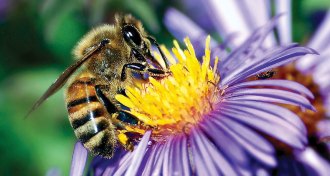 Microbes
MicrobesBacteria in flowers may boost honeybees’ healthy gut microbes
Honeybees may deliver doses of probiotics to the hive to help feed baby bees’ microbiome.
-
 Chemistry
ChemistryAutomated chemistry could build better drugs fast and cheap
Automated molecular synthesis may win over chemists who are not convinced that more technology in drug design is better.
-
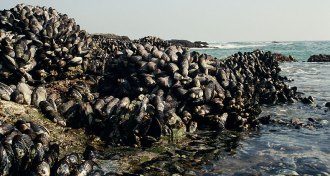 Chemistry
ChemistryMussels use chemical primer to cement themselves to rocks
Gluing proteins contain their own built-in primer.
-
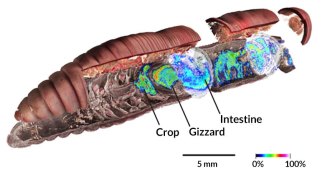 Chemistry
ChemistryPlants’ ‘don’t-eat-me’ chemicals no problem for earthworms
Newly discovered gut compounds called drilodefensins allow earthworms to pack in plant debris loaded with hazardous chemicals.
-
 Environment
EnvironmentDust components may promote obesity
Fat dust bunnies may contain obesity-boosting chemicals.